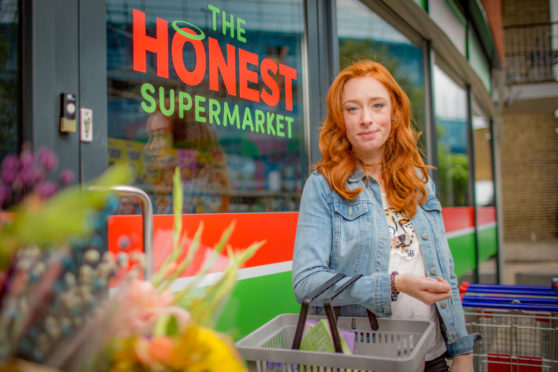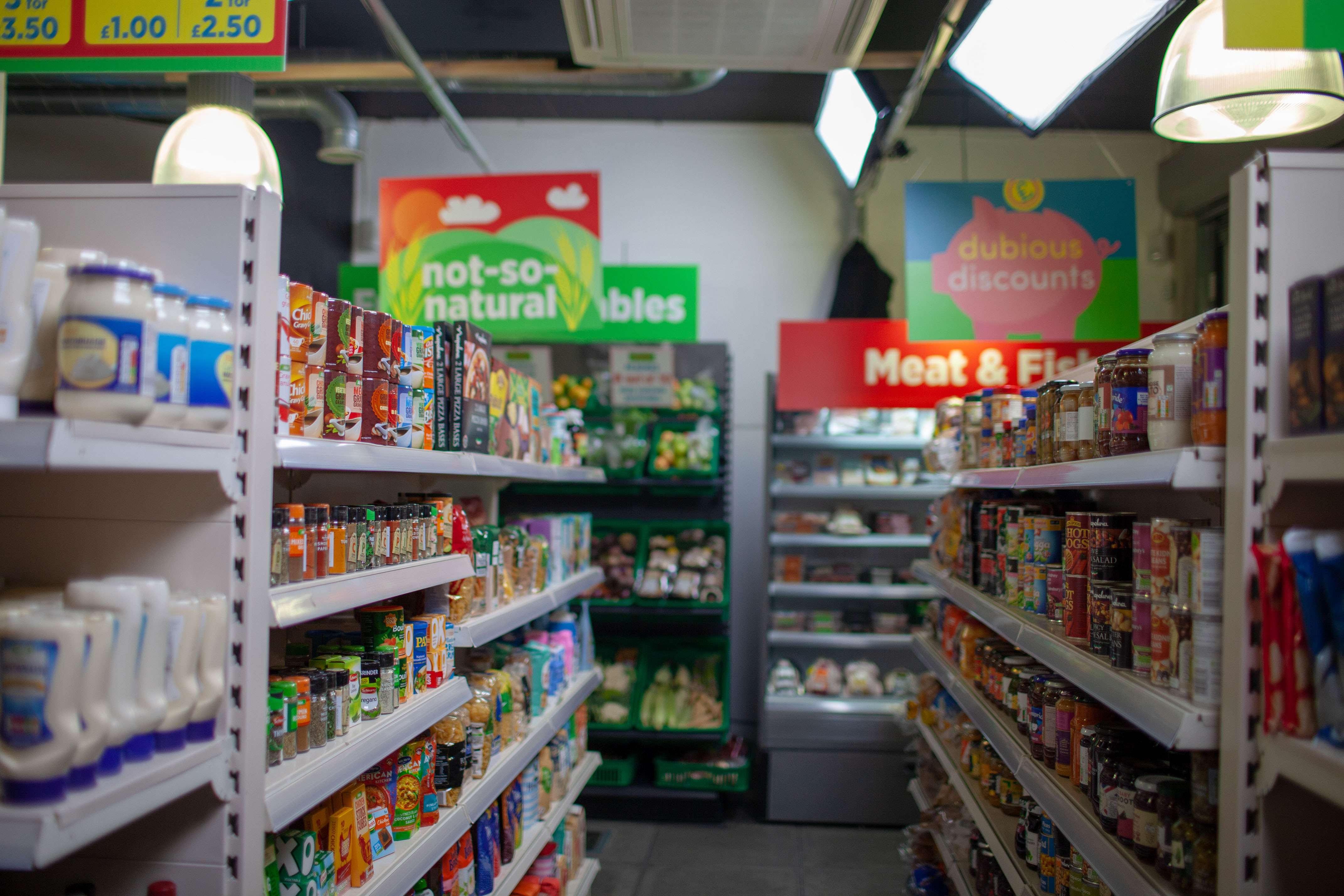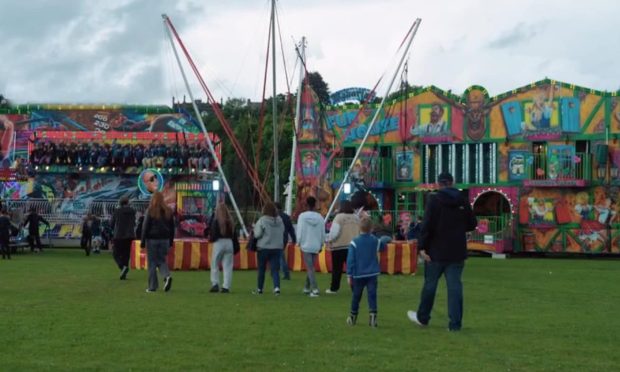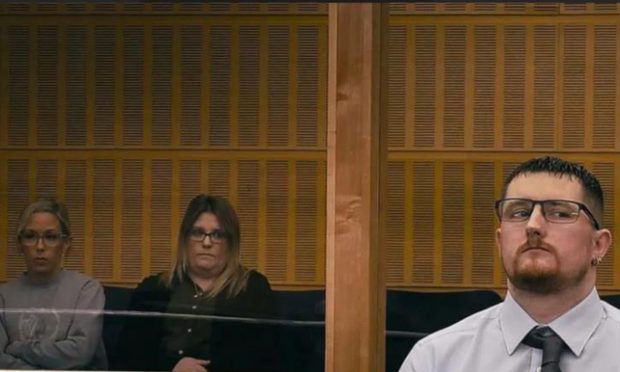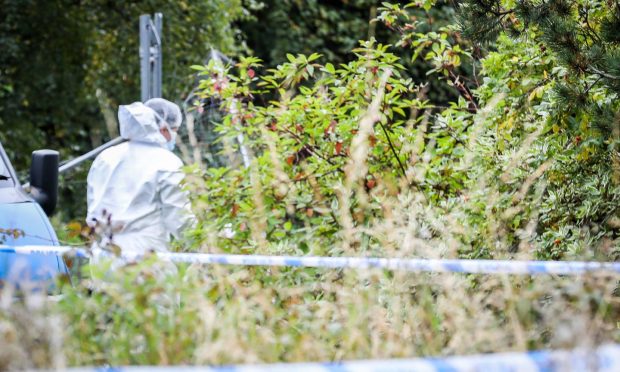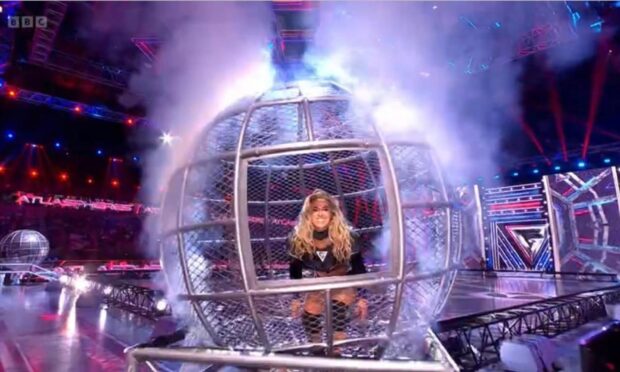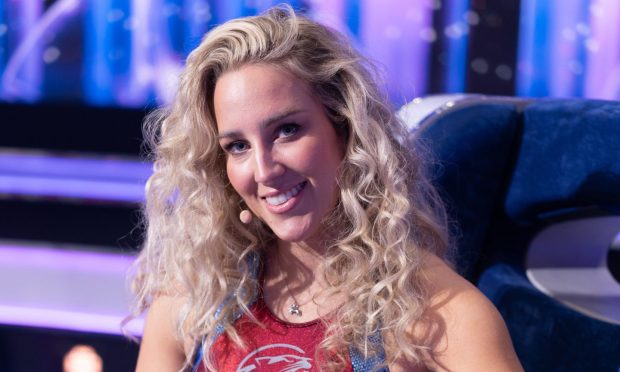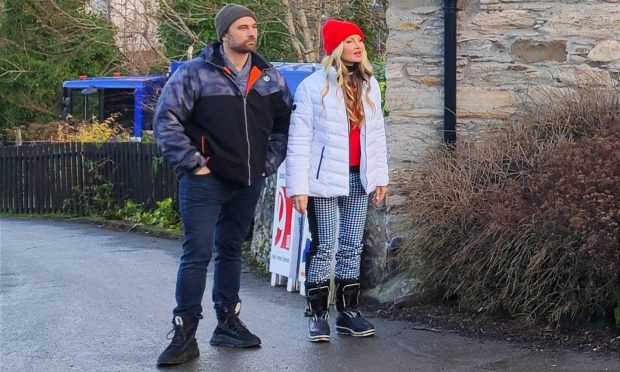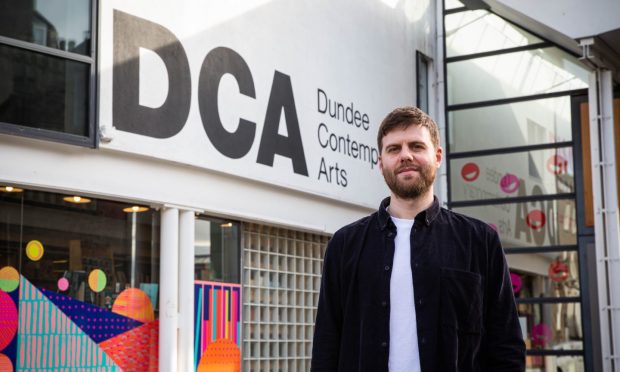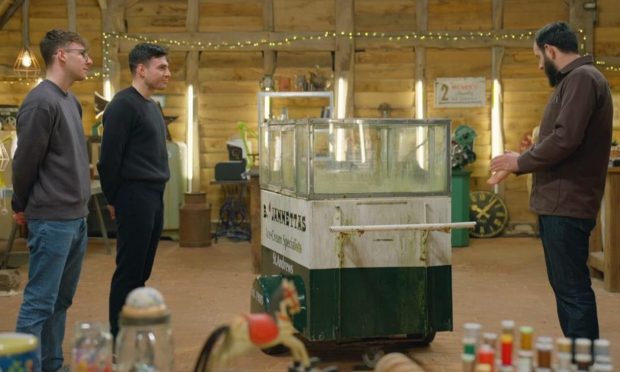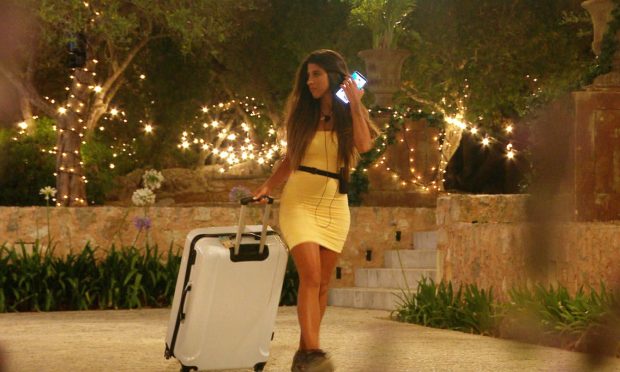People spend almost £190 billion a year on groceries but can we really tell what’s in our food? This is why BBC’s The Honest Supermarket is here to help…
Can we really trust the supermarkets and do we always know what’s in our food? Well the BBC’s Horizon series’ recent offering, The Honest Supermarket, is here to help. It’s easy to think of the word “fresh” meaning the food is “only a couple of days old”, that fruit and vegetables are harmless, and that when we walk out of a supermarket carrying more than we intended to buy, we only have ourselves to blame.
The Honest Supermarket (still available on iPlayer), sifts the fact from the fiction when it comes to our groceries. The team of scientists, led by mathematician and TV presenter Dr Hannah Fry, set up a supermarket with all the food labels rewritten to be slightly honest as to what’s really in our food.
We spend almost £190 billion a year on groceries and for every £1 we spend, the big name supermarkets get 77p. And with this hypothesis – whether the big stores can be trusted – the team starts their experiments.
They test various things, including whether there’s more bacteria in bottled water compared to tap (answer is yes), whether fresh or frozen fish is better (after seeing their test, it’s definitely frozen, which doesn’t spoil as easily), if “natural” really does mean healthy, and how much the supermarkets influence our decisions.
The first experiment is perhaps one that affects us all, considering we buy more than three billion litres of it a year – whether bottled water really is better than tap. And the lab scientist doesn’t hold back – bacteria is more likely to be present in bottled as it hasn’t been treated with chlorine and we have lots of germs in our mouth. Also, there is a 90% chance we are consuming microplastics, and the damage to our bodies is yet to be determined as the World Health Organisation recently commissioned a review into its potential harm.
Then there’s the misleading wording that we are accustomed to, such as “natural mineral water”, which means it’s from a reliable, verified source with labelled mineral content, “spring water” comes from a verified source but the mineral content doesn’t have to be declared.
The team also explored whether “natural” really is what it says. Turns out the word isn’t legislated and food companies and supermarkets can say anything is natural, good or wholesome without needing to prove it. The only phrase that is legislated and must be scientifically proven is “low fat”.
The most eye-opening, however, was the fish test which concluded that several shops and suppliers aren’t storing the fish properly upon catching them, meaning they lose their flavour and quality by the time they’re in shops.
This show offers many more enlightening revelations and it is well worth a watch – even just to gawp at the BBC’s inconsistency with presenter Fry, who is pregnant and short-haired in some scenes, yet not visibly pregnant and has long hair in others. Perhaps conducting an experiment of her own?
